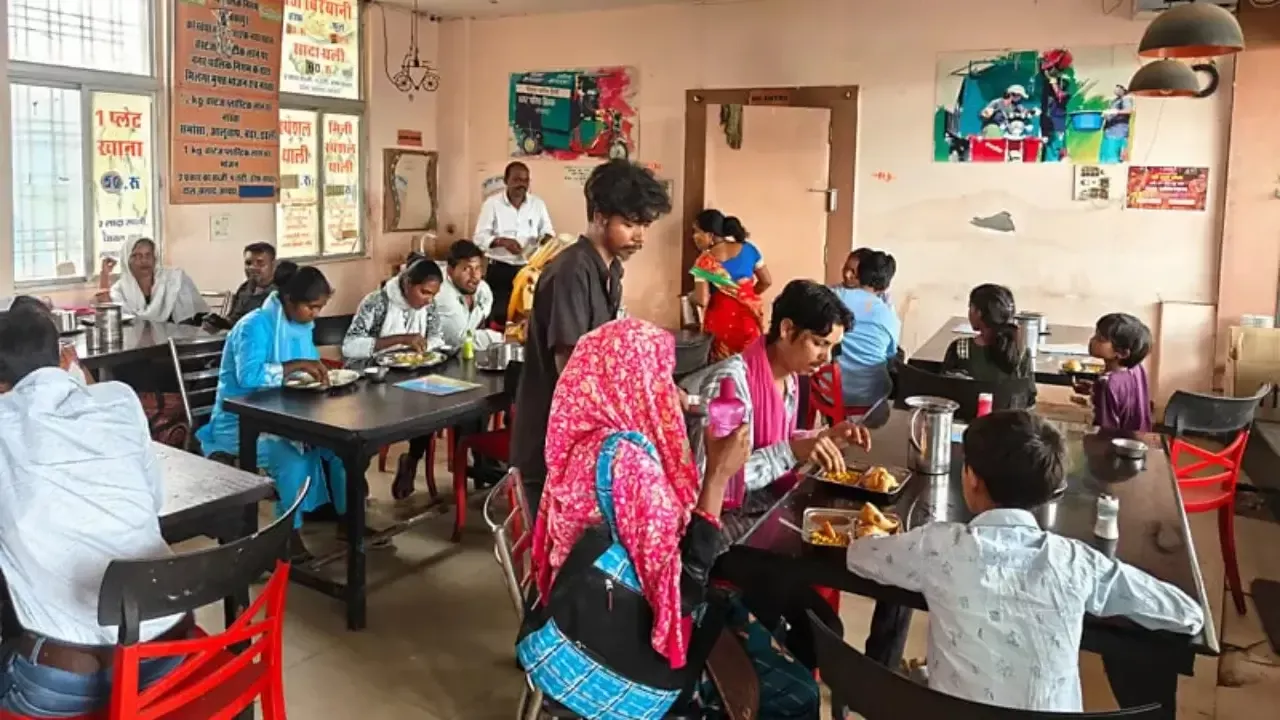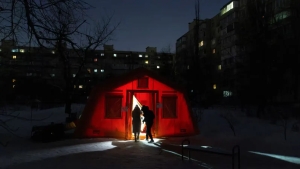Free meal system in exchange for waste is expanding in India

The system of receiving food in exchange for waste is expanding in India. This was reported by Zamin.uz.
The "Waste Cafe" project opened in the city of Ambikapur is significantly changing the lifestyle of the population and the urban environment. This cafe does not charge guests money; instead, they are provided with a full meal or breakfast in exchange for the plastic waste they bring.
This initiative serves to reduce plastic waste in the city and support low-income citizens. The rules of the project are simple: a person who brings one kilogram of plastic waste receives lunch consisting of rice, vegetables, curry, dal, roti, salad, and pickles.
For half a kilogram of plastic, breakfast is provided. This system is not only a source of free food but also increases the population's interest in collecting waste.
Launched in 2019, the "Waste Cafe" is funded by the city administration. During this time, more than 23 tons of plastic waste have been collected and effectively recycled.
In 2019, 5.4 tons of plastic waste were sent to the landfill annually in the city, while in 2024 this figure has decreased to 2 tons. As a result, Ambikapur has become one of the cleanest cities in India.
Even a 16-hectare landfill was closed and replaced by a park. Additionally, 480 women in the city go door-to-door collecting waste daily and earn a salary of 8-10 thousand rupees per month.
At 20 special centers, waste is sorted into 60 categories and sent to plastic road construction or recycling enterprises. Wet waste is composted, while the rest is used as fuel in cement factories.
The Ambikapur experience is also being applied in other cities. For example, in Siliguri city in West Bengal, food is provided in exchange for plastic.
In Mulugu city of Telangana, one kilogram of plastic is exchanged for one kilogram of rice, and in Mysuru city of Karnataka, breakfast is provided for 500 grams of plastic. In Uttar Pradesh, hygienic products are distributed to women in exchange for plastic waste.
Such a program is even being implemented in Cambodia. Experts believe that such initiatives play an important role in reducing the harm of the 400 million tons of plastic waste produced annually worldwide, as currently only 9 percent of plastic waste is recycled.
In Uzbekistan, the waste problem is also urgent. In Tashkent city alone, more than 1.5 million tons of household waste are collected annually.
Experts emphasize that if projects similar to the Ambikapur experience are introduced in our country, the ecological situation could improve and the population could become accustomed to sorting waste.







